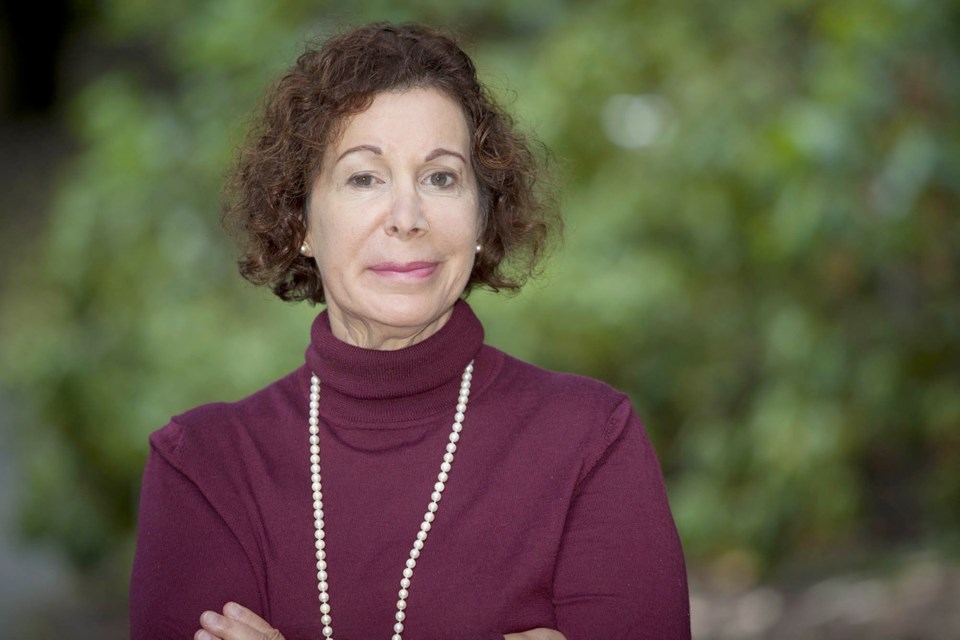Universal health care has become a defining national institution for Canadians, beating out the Queen and even hockey, says a Vancouver Island University medical historian who is being honoured for her work.
Cheryl Krasnick Warsh said from a social point of view, Canadians place more pride in their health-care system than anything else.
“No government can now come out and say ‘Let’s get rid of universal health care,’ ” said Warsh. “It’s very highly cherished even if people now know there are cracks in the system.”
In a 2012 survey by the Montreal-based Association for Canadian Studies, 94 per cent of those questioned ranked universal health care as Canada’s most important institution. Hockey was rated No. 1 by 48 per cent and the Queen 39.
Warsh was announced this month as a Fellow of the Academy of Arts and Humanities of the Royal Society of Canada, the first academic from VIU to receive the honour. She will be inducted at the society’s annual Celebration of Excellence on Nov. 27 in Winnipeg.
She has long been interested in the history of medicine. But as a social historian, she now prefers to think of herself as a historian of health care.
“The history of medicine used to be the story of great doctors and great discoveries, which is terrific but it was never the whole story,” said Warsh. “Social historians are more interested in the history from the bottom up.”
Her field of study attempts to look at the experiences of people with illness and health care, and asks about the roles of gender, poverty, location and social class.
For example, Warsh said her research has revealed a marked difference in the way men and women historically interacted with the health care system.
Up to the start of the Second World War, women, middle-class women in particular, were often admitted to hospital with nervous conditions, rarely specified. Warsh said medical records reveal details such as a 29-year-old woman on a farm, caring for 10 children and cooking for 15 workers. “It was never that she was a crazy person,” she said. “One day she just couldn’t do it anymore and she has a breakdown.”
The records also reveal a husband clamouring to get his wife out of hospital because he needs her on the farm.
A different experience emerges from Warsh’s research of older, single women or widows. With any signs of eccentricity or lack housing, the woman is institutionalized. “There were a lot of issues going on in society that had nothing to do with mental health but they were putting people in institutions,” said Warsh. “And they never came out and were never cured.”
The building and administration of hospitals was a different experience for men and women, she said.
Women didn’t sit on hospital boards. Such positions were reserved for rich or influential men. Women were consigned to the women’s auxiliary boards and were expected to raise money to buy equipment and supplies, and even to build hospitals. “Women are never on the board and if you look at annual reports you might even think they never had anything to do with the hospital. But there wouldn’t even have been a hospital if it weren’t for them.”
Warsh said public opinion initially imagined universal health care as far back as 1918, at the end of the First World War. But it was always thought to be too difficult.
Saskatchewan came up with Canada’s first universal health care plan in the early 1960s; people in other provinces demanded the same, and it arrived nationally in 1966.
Warsh said she can still recall her father proudly holding up the medicare card as a real achievement of government.
“It’s very difficult to make policy when you have 10 provinces, territories and the federal government,” said Warsh. “Then you have hospital administrators, doctors, patients and everybody else.
“And the more that gets built the more it gets used,” she said. “In some ways our system is a victim of its own success.”



